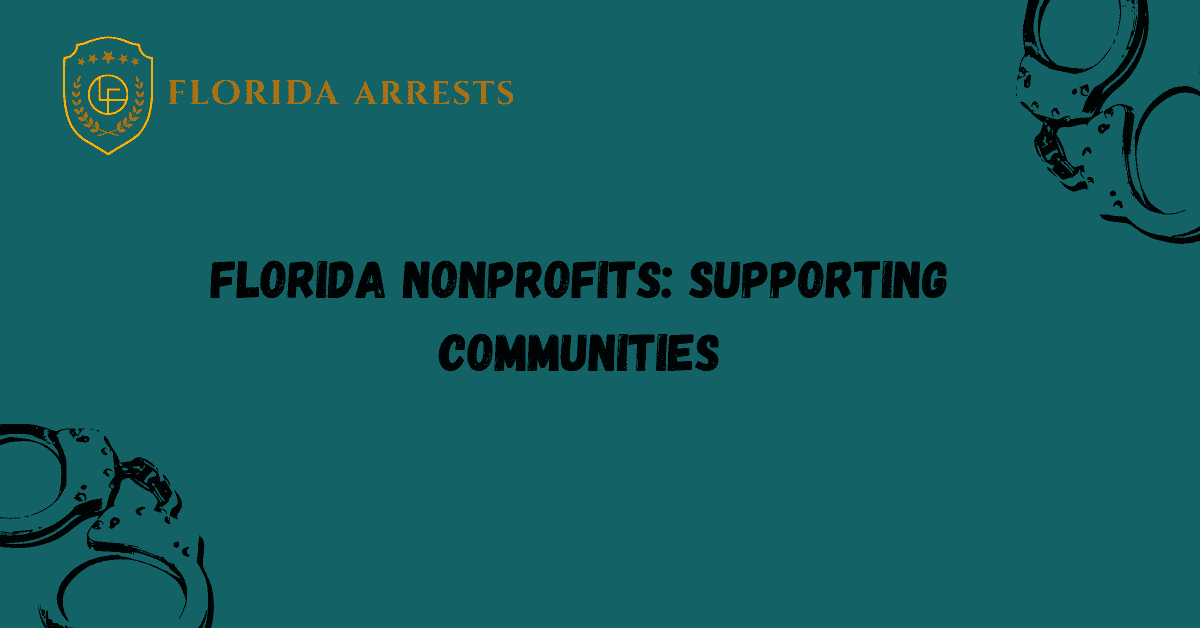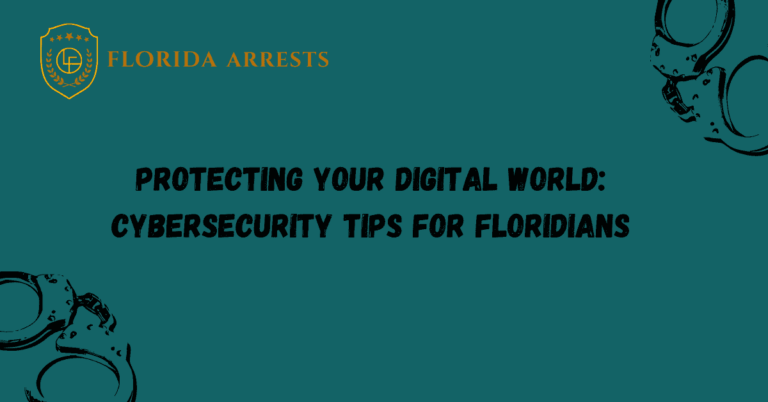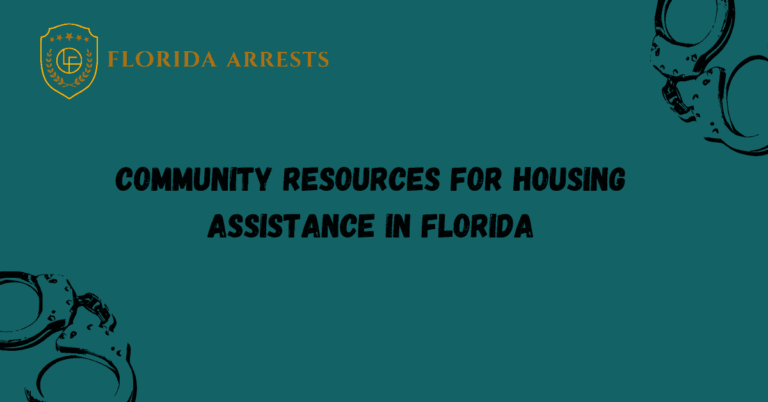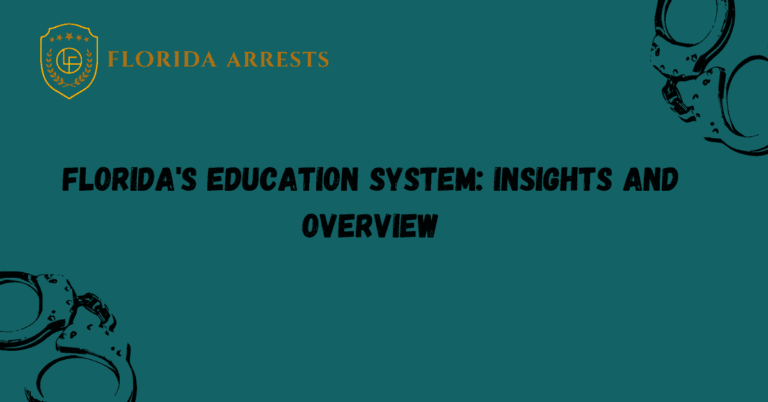Florida Nonprofits: Supporting Communities
At Florida Nonprofits, our mission is to support and empower local communities across the state of Florida. We believe that by working together, we can make a positive and lasting impact on the lives of those in need. With a focus on education, healthcare, social services, and more, we strive to provide resources and assistance to nonprofit organizations that are dedicated to improving the well-being of individuals and families. Through our extensive network of partners and volunteers, we are able to connect nonprofits with the tools and support they need to thrive and succeed. Join us in our mission to create a stronger, more vibrant Florida for everyone.
Education Programs
Florida Nonprofits offers a variety of education programs aimed at improving educational opportunities for individuals and families across the state. Through partnerships with local schools and organizations, we provide resources such as tutoring, scholarships, and mentorship programs. Our goal is to ensure that every child has access to a quality education, regardless of their background or circumstances.
Healthcare Initiatives
Our healthcare initiatives focus on improving access to healthcare services for underserved communities in Florida. We collaborate with healthcare providers and organizations to offer free or low-cost medical clinics, health screenings, and preventive care programs. Through these initiatives, we aim to promote overall wellness and reduce healthcare disparities in the state.
Social Services Support
Florida Nonprofits recognizes the importance of social services in addressing the needs of vulnerable populations. We partner with social service agencies to provide assistance in areas such as housing, food security, and financial stability. By offering support and resources, we strive to empower individuals and families to overcome challenges and improve their quality of life.
Community Development
Our community development programs focus on creating stronger and more vibrant communities across Florida. We collaborate with local leaders, businesses, and residents to identify and address community needs. Through initiatives such as affordable housing projects, neighborhood revitalization efforts, and community engagement programs, we aim to create inclusive and thriving communities for all.
Nonprofit Resources and Support
Florida Nonprofits is dedicated to providing resources and support to nonprofit organizations throughout the state. We offer training and capacity-building programs to help nonprofits enhance their organizational effectiveness and sustainability. Additionally, our extensive network of partners and volunteers allows us to connect nonprofits with valuable resources, funding opportunities, and networking events. We believe that by supporting the nonprofit sector, we can collectively make a greater impact on the well-being of individuals and families in Florida.
FAQs
What is the role of Florida nonprofits in supporting communities?
Florida nonprofits play a crucial role in supporting communities by addressing various social, economic, and environmental issues. They provide essential services, such as healthcare, education, housing, and employment opportunities, to improve the overall well-being of individuals and families. Nonprofits also advocate for policy changes, raise awareness about pressing community issues, and collaborate with other organizations to create sustainable solutions.
How do Florida nonprofits contribute to the local economy?
Florida nonprofits contribute to the local economy in several ways. They generate jobs by employing a significant number of individuals, both in direct service delivery and administrative roles. Nonprofits also stimulate economic activity through their purchasing power, as they procure goods and services from local businesses. Additionally, nonprofits attract investments and grants from outside the state, which further boosts the economy.
What are some challenges faced by Florida nonprofits?
Florida nonprofits face various challenges in their efforts to support communities. Limited funding is a common challenge, as many nonprofits rely on grants, donations, and fundraising events to sustain their operations. Additionally, nonprofits often struggle with recruiting and retaining qualified staff due to budget constraints. They also face increasing demand for services, especially during times of crisis, which can strain their resources.
How can individuals support Florida nonprofits?
Individuals can support Florida nonprofits in several ways. Volunteering their time and skills can provide valuable assistance to nonprofits, whether it’s through direct service delivery, administrative tasks, or fundraising efforts. Donating money, goods, or services is another way to support nonprofits financially. Individuals can also help raise awareness about nonprofit causes and advocate for policy changes that benefit the communities served by these organizations.
How are Florida nonprofits regulated and governed?
Florida nonprofits are regulated and governed by various laws and regulations. The Florida Department of State’s Division of Corporations oversees the registration and incorporation of nonprofits in the state. Additionally, nonprofits must comply with federal tax laws and regulations, such as obtaining tax-exempt status from the Internal Revenue Service (IRS). Nonprofits also have their own governing boards, which are responsible for setting policies, making strategic decisions, and ensuring compliance with legal and ethical standards.
How can Florida nonprofits collaborate with other organizations and sectors?
Collaboration is essential for Florida nonprofits to maximize their impact and address complex community challenges. Nonprofits can collaborate with other nonprofit organizations that share similar missions and goals, enabling them to pool resources, share expertise, and coordinate efforts. They can also collaborate with government agencies, businesses, and academic institutions to leverage their respective strengths and create innovative solutions. Collaborations can involve joint programs, research initiatives, advocacy campaigns, or resource-sharing agreements.







